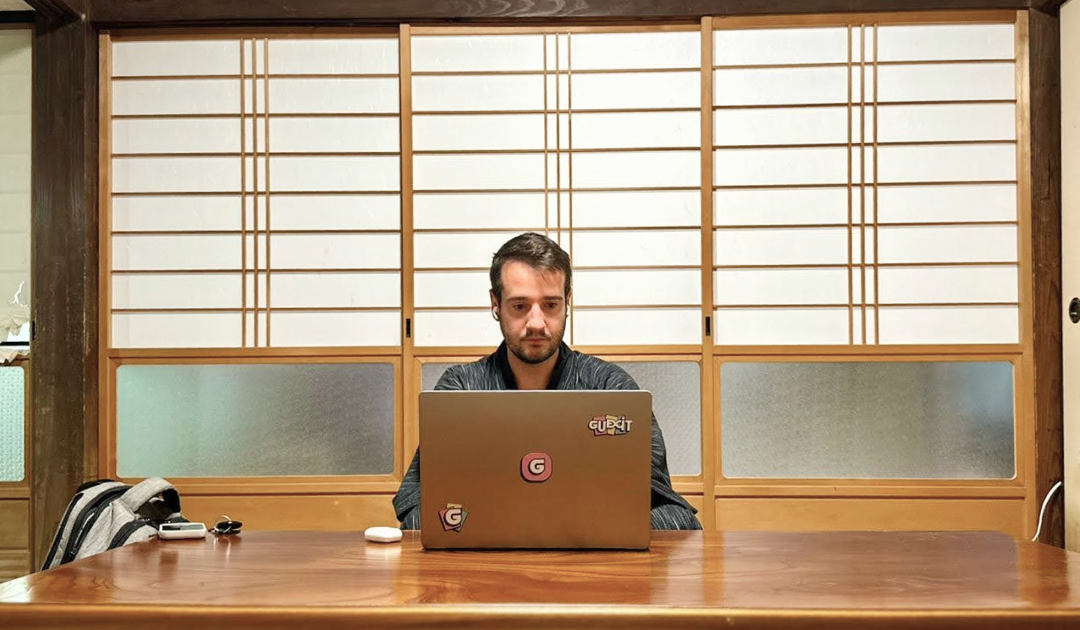Digital nomads in Japan can enjoy a unique blend of tradition and modernity, with high-speed internet, efficient public transportation, and a rich cultural heritage. Whether you prefer bustling city life or tranquil countryside, Japan has something for every digital nomad.
One of the main concerns when considering Japan is the cost, is it as expensive as everybody thinks? Not really! After 2020 the yen has been dropping and that makes it accessible to more budgets.
So if you are looking for a cultural shock, amazing food, and lovely people, keep reading this post and plan your trip to Japan!
- Cost of Living for Digital Nomads in Japan
- Best Cities for Digital Nomads in Japan
- Finding Accommodation for Digital Nomads in Japan
- Finding a Coworking or Remote Work Friendly Cafes
- Japanese Visas for Digital Nomads and Tourists
- Cultural Tips When Visiting Japan
- Networking and Communities for Digital Nomads in Japan
- What to Do in Japan as a Digital Nomad
- Conclusion
Cost of Living for Digital Nomads in Japan
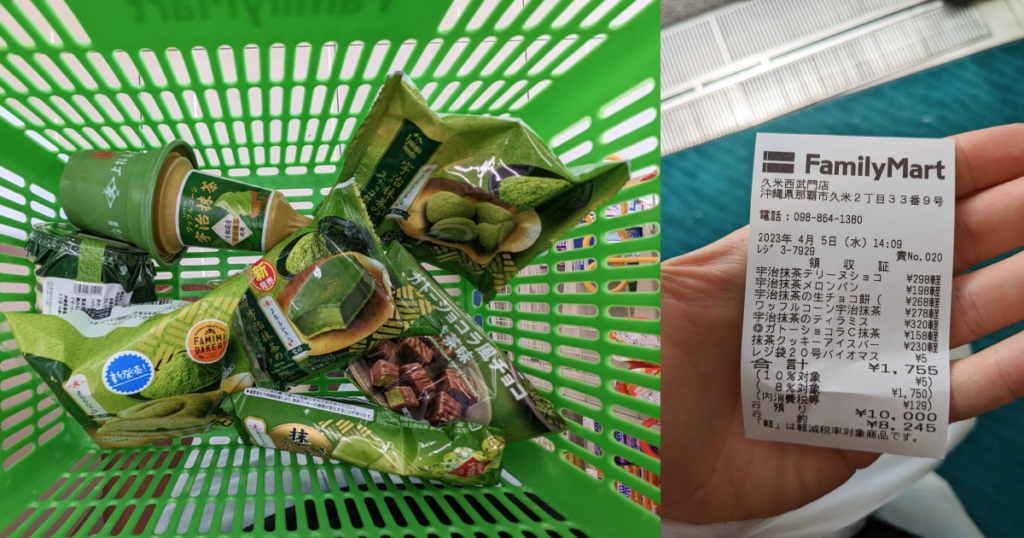
Let’s start with what we care about… money! How does Japan’s cost of living compare to other countries? While Japan’s overall expenses are on par with European cities like Berlin or Paris, accommodation tends to be pricier, whereas food is generally more affordable.
These are some examples from our own experience in 2024 (to check general cost visit this web):
- A studio in Shinjuku (Tokyo) costs around 1200-1700 EUR per month, depending on how much time in advance.
- An inexpensive restaurant lunch would be 6-10 EUR per person.
- A big sushi dinner is around 18-20 EUR per person.
- A coffee and a cream bun at a convenience store is around 2-3 EUR.
- Museum Team Labs ticket costs 23 EUR per person.
- Maximum metro fare (+15km) is 2.40 EUR.
Finally, the cost will depend on the city and the time in advance you book your stay you can save a lot of money when visiting Japan. So, let’s talk about the main cities to visit for digital nomads in Japan.
Best Cities for Digital Nomads in Japan
Tokyo: The Biggest City in the World
The heartbeat of Japan, situated in the center of the main island offers a fast-paced environment perfect for digital nomads who love the city vibe.
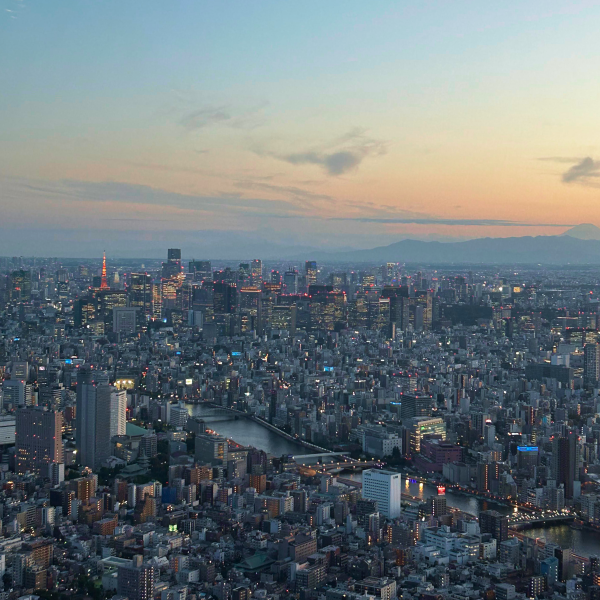
Pros
- Tons of restaurants and food to try.
- Crazy spots like Akihabara (anime neighborhood), Shinjuku, or Shibuya.
- Ideal for shopping (malls, manga stores, etc).
- International events (conferences, concerts, etc).
Cons
- Super crowded.
- It is huge! It can take +1 hour to exit by car.
- Lack of nature (although it has some parks).
- Expensive compared to other cities.
Kyoto: Tradition, Matcha and Cute Pictures
Known for its serene beauty and historical significance, Kyoto offers a peaceful environment perfect for inspiration, reflection, and remote working.
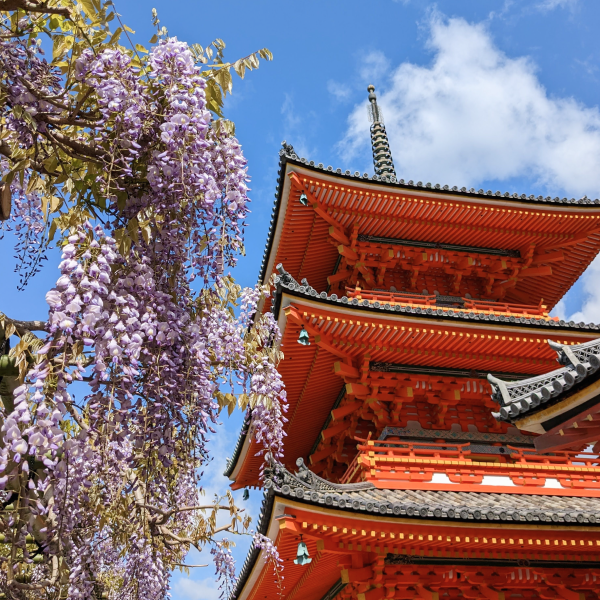
Pros
- Cultural hotspot and historic area (Fushimi Inari Shrine, Arashiyama, etc).
- More affordable than Tokyo.
- Closer to nature.
- Best ice creams and matcha tea.
Cons
- Too crowded sometimes, a lot of tourists.
- Can be expensive in tourist spots.
- Super hot in summer (+30 degrees celsius)
Osaka: Food, Party and More Food
Osaka is renowned for its food culture and friendly locals, providing a delicious atmosphere for digital nomads.
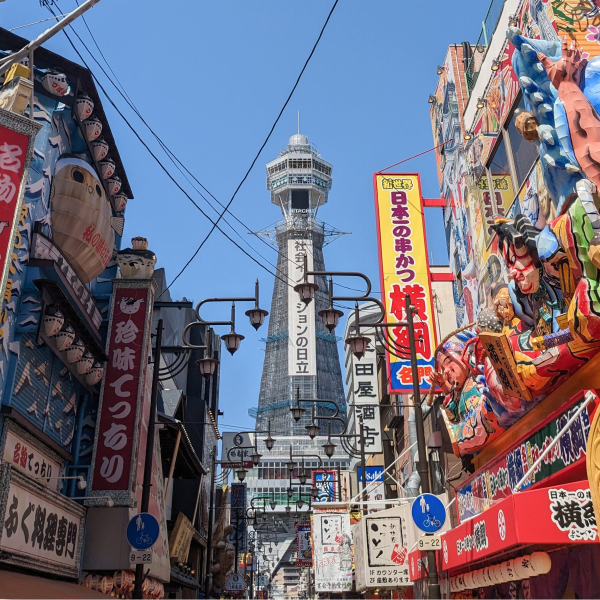
Pros
- Vibrant nightlife in Dotonbori.
- Delicious food, it is called Japan’s kitchen.
- Lovely local people.
Cons
- Too crowded sometimes.
- You’ll buy a lot of things you don’t need but are cute.
Fukuoka: Digital Nomad and Innovation Hub
A hidden gem on the island of Kyushu, Fukuoka is perfect for those looking for a laid-back yet dynamic city.
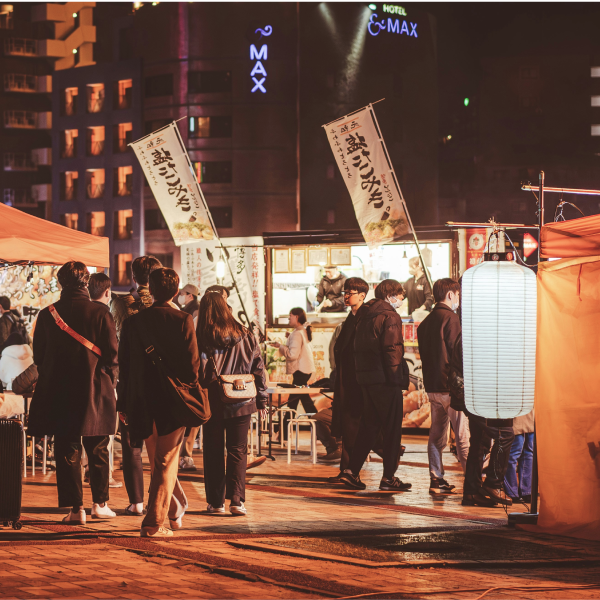
Pros
- Cheap compared to other major cities.
- International Airport.
- Vibrant street food culture (tons of yatai).
- Tech scene and startup environment.
- Digital nomad hotspot.
- Less touristy.
Cons
- Bigger language barrier.
- Fewer international events.
Finding Accommodation for Digital Nomads in Japan
Finding the right accommodation can be the difference between an expensive stay and a comfortable one.
In Japan, it is really important to book in advance to get better deals and have a well-located accommodation. Location is key in housing in Japan, as you’ll be moving mostly by metro, so better to be close to the station!
Some of the accommodation options for digital nomads are:
- Studios: Smaller than other countries and not that comfortable for working, I’ll recommend getting a coworking. You can book this on Airbnb, Agoda, etc.
- Hotels, Capsule Hotels, and Hostels: Sometimes with big receptions or shared areas that can be good for working remotely. Look for them in Agoda, Booking.com, etc.
- Colivings (Read what coliving is here): Shared houses with dedicated workspace area, perfect for meeting other nomads and working comfortably. Find coliving in Japan in Mapmelon.
Finding a Coworking or Remote Work Friendly Cafes
We all know that coworking spaces and cafes play a crucial role in the digital nomad lifestyle. In Japan it can be complicated to work remotely, so please have a full battery and phone internet ready to hotspot so you can enjoy some peace of mind.
Major cities like Tokyo, Kyoto, Osaka, and Fukuoka have well-equipped coworking spaces. These include WeWork in Tokyo, Kyoto Makers Garage in Kyoto, The Hive in Osaka, and Fabbit in Fukuoka. Sometimes coworking is mostly used by locals so you’ll find difficulties talking in English.
Many cafes in Japan provide free Wi-Fi, but they may not be comfortable to work from (thank god you can always count on Starbucks and McDonald’s plugs). Some digital nomads in Japan, work from manga cafes and internet cafes for a unique working experience.
Japanese Visas for Digital Nomads and Tourists
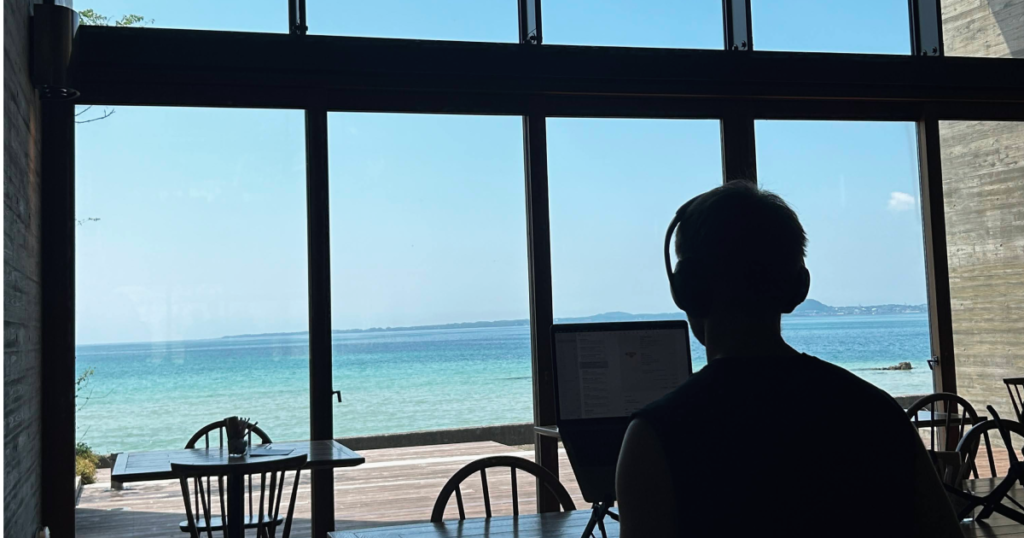
Visa Exemption (Short-Term Stay)
Tourists , digital nomads and expats from countries with visa exemptions (e.g., USA, UK, EU nations) can stay for up to 90 days without a visa. Extensions are not possible under this exemption.
- Price: Free
- Requirements: Valid passport (for some countries, an ePassport), proof of onward travel, no work allowed.
- Max Stay: 90 days for most countries, 30 days for UAE and Qatar, 15 days for Indonesia and Thailand.
Tourist Visa
- Price: Approximately ¥3,000 – ¥6,000 (varies based on nationality and processing speed).
- Requirements: Completed visa application, valid passport, proof of accommodation, and return ticket. No work allowed.
- Max Stay: 90 days.
Digital Nomad Visa (Launched in March 2024)
- Price: Free to apply.
- Requirements: Minimum annual income of ¥10 million (~USD 68,000), private health insurance, proof of accommodation.
- Max Stay: 6 months.
- Visa Extension: Not renewable. You must leave Japan for six months before reapplying.
Cultural Tips When Visiting Japan
Embracing Japanese culture will enhance your experience, I mean…That’s why you visit the country right?
Etiquette in Japan
Japanese culture highly values respect, and politeness.
- Always bow when greeting someone, do not hug or handshake unless they allow you to do so.
- Remember to remove shoes indoors or wherever there’s a sign. To go got he bathroom there are usually different shoes, you should put those do not go barefoot!
- Be super mindful of noise in public places, specially public transport. This includes not talking on phones and keeping conversations quiet.
- Be aware of not being in the middle of walking paths, do not leave luggage in the middle of an alley.
Remember, the key of Japanese etiquette is to be aware of others and respect them. But please, don’t overthink it! Japanese usually understand our different cultures and will not take it personally.
Basic Japanese Expressions
Although this is not needed everywhere, it will help you to connect with locals. Basic Japanese phrases like “Konnichiwa” (Hello), “Arigato” (Thank you), and “Sumimasen” (Excuse me) can be very helpful.
Some extra phrases related to food:
- Gochisō-sama deshita: This is an expression used in Japan after finishing a meal to show gratitude to the person who prepared it or provided the food. It’s like saying “Thank you for the meal” or “It was a feast.”
- Oishii: This means “delicious” in Japanese. You can use it during the meal when you’re enjoying the flavors.
- Itadakimasu: This phrase is said before starting a meal in Japan. It literally translates to “I humbly receive” and shows respect and gratitude for the food, the effort that went into preparing it, and the ingredients.
Soon you’ll realise that in Japan people thank a lot, saying “arigato” once it is not enough, the more the better!
Networking and Communities for Digital Nomads in Japan
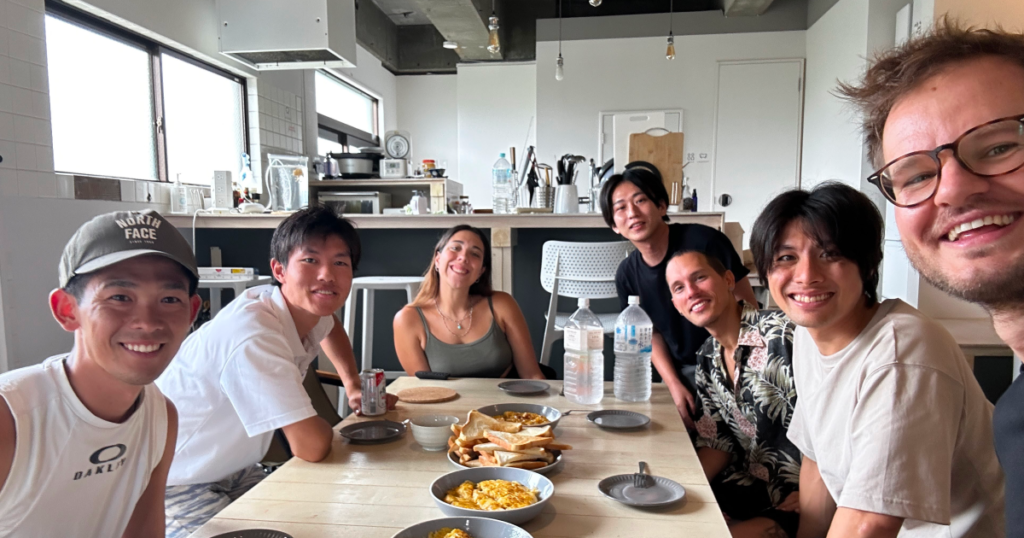
The nomad hype for Japan is growing in the recent years, so nomad communities are still not super big. Here you can find some resources on how to connect and network with fellow digital nomads:
- Colivers Club, community of people staying in colivings. Although most of them are in Europe, there are some members that spend time in Asia.
- Nomad University, discord group of Japanese Digital Nomads. This is the easiest way to connect with locals that may be around your area and speak english.
- Colive Fukuoka, a digital nomad conference in Fukuoka. Although this happens in October, the community is really active and most of the organisators will like to connect with you.
- Nomadlist or r/digitalnomad subreddit.
What to Do in Japan as a Digital Nomad
Japan is a dream for digital nomads, offering unique experiences. My recommendation would be to start your journey at Colive Fukuoka in October, secondly explore the country’s diverse regions. Japan is great for road trips, with free public bathrooms and well-connected roads. You can even rent a camper van to explore places like Hokkaido or Okinawa.
Immerse yourself in Japan’s rich traditions by visiting temples, renting a kimono, and finding calm in beautiful Japanese gardens. Don’t miss out on the food—try everything from sushi to street food—and enjoy classic activities like karaoke. If you’re an anime fan, dive into Naruto or Ghibli amusement parks for a full inmersive experience. Don’t forget about Universal Studios Japan or DisneySea, where you can be in Nintendo World, Hogwarts, or Toy Story Movie.
Conclusion
Digital nomads in Japan enjoy a unique experience thanks to Japanese unique culture, efficient infrastructure, and welcoming locals. It feels like you are in a different world!
Whether you’re in Tokyo’s hustle and bustle or Kyoto’s serene beauty, Japan is a destination that promises adventure.
